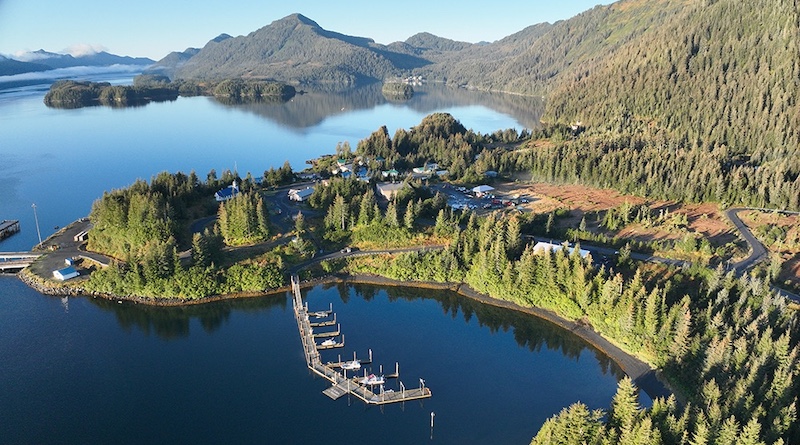The National Renewable Energy Laboratory (NREL) is spearheading a transformative initiative, offering vital technical support to local governments and tribal communities across the United States. Through the U.S. Department of Energy’s (DOE) Energy Efficiency and Conservation Block Grant (EECBG) Program, NREL is advancing community-driven energy efficiency solutions, significantly reducing costs and fostering sustainable development from coast to coast.
The EECBG Program strategically allocates noncompetitive funding, empowering hundreds of communities to launch crucial energy projects. These grant recipients leverage the funding for initiatives designed to lower energy expenditures, enhance overall energy efficiency, and stimulate local job creation, thereby building a more robust and self-reliant economy.
A cornerstone of this program is the direct access recipients gain to NREL experts via vouchers. These specialists bring a diverse array of technical expertise, utilizing the laboratory’s extensive modeling and analysis capabilities to help communities effectively deploy their EECBG funding and achieve their energy goals. Since its inception in fall 2024, NREL has engaged with dozens of communities, delivering tailored support that addresses unique regional challenges.
According to Nathan Wiltse, decision support analysis group manager and EECBG technical lead for NREL, the DOE’s EECBG Program is already making a profound impact across the nation. He highlights how the program empowers communities, regardless of their size, to define and pursue their energy objectives. The collective drive and enthusiasm from these local entities have been particularly encouraging, underscoring NREL’s pride in supporting their journey with DOE’s strategic guidance.
A compelling example of NREL’s impact is seen in Encinitas, California, a city aiming to expand its public mobility options through microtransit. Recognizing that traditional public transportation may not be optimal for a city of its size, Encinitas is exploring how microtransit, which uses smaller, on-demand vehicles, can provide cost-effective and convenient alternatives to personal car use, simultaneously improving air quality. NREL’s technical assistance for this project involves comprehensive analysis of the existing transportation landscape, viable microtransit options, and suitable funding strategies, all rooted in strong community engagement and data collection.
Further north, the Native Village of Chenega in Alaska demonstrates another facet of NREL’s support. This tribal energy solutions initiative seeks to drastically cut the Tribe’s energy usage by 50% by 2050. NREL is facilitating community-wide energy efficiency by organizing detailed energy audits for most homes, providing Chenega with clear insights into the most cost-effective upgrades. These audits also help satisfy pre-installation requirements for DOE’s Tribal Home Electrification and Appliance Rebates, further enabling significant energy savings for residents.
In Sugar Land, Texas, NREL is assisting in the development of a strategic energy plan focused on embedding energy efficiency and cost reduction into the city’s daily operations. Utilizing advanced tools, NREL researchers are helping the city understand its current energy consumption and identify potential efficiency opportunities across public buildings and infrastructure. This expert guidance will enable Sugar Land to systematically set energy goals, evaluate project feasibility, and prioritize actions, leading to substantial financial and environmental benefits.
Vanessa Mathews, an NREL researcher, emphasizes that their analysis provides Sugar Land with crucial data to identify the most cost-effective sustainable development strategies. This information is vital for securing funding and taking concrete steps toward achieving the city’s ambitious community energy programs. Ultimately, these partnerships embody the U.S. Energy Department’s mission to ensure America’s security and prosperity through transformative science and technology solutions, addressing critical energy and environmental challenges nationwide.






Leave a Reply